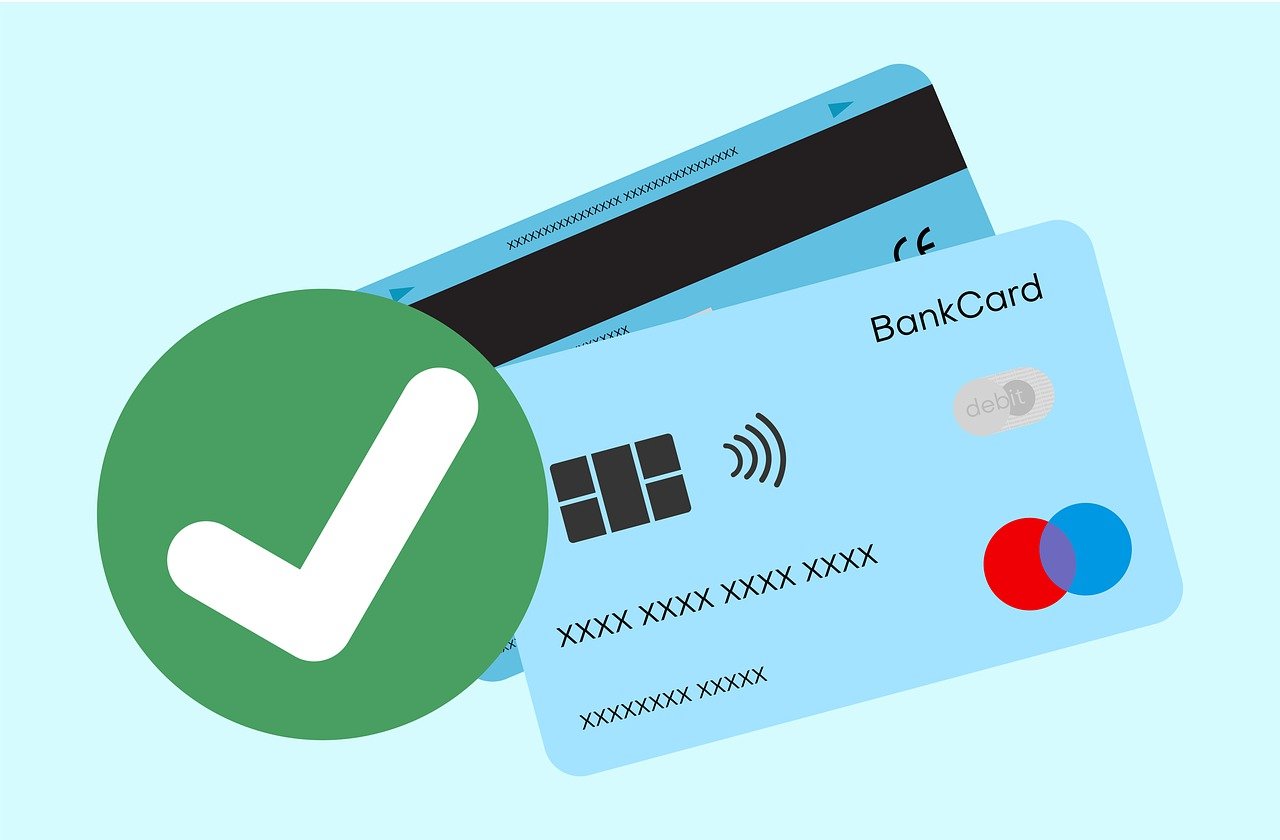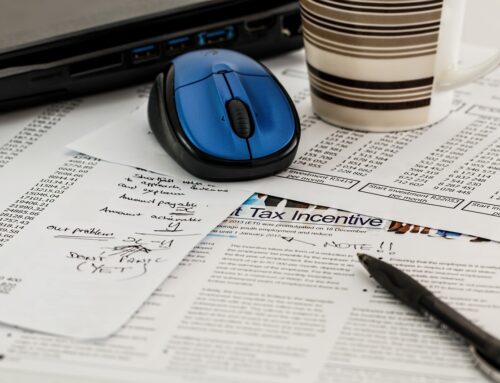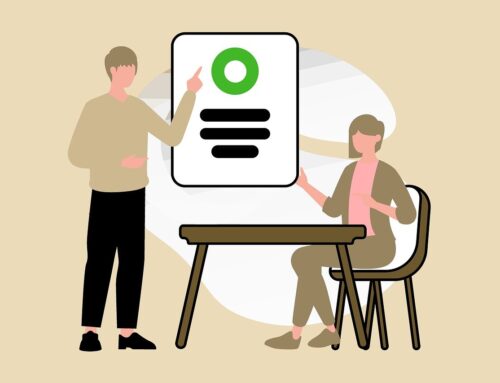
Navigating Life Without a Physical Address in the Philippines: How to Manage Banking Challenges
When living in the Philippines, one of the challenges can be dealing with banking issues, especially for expats. U.S. banks have increasingly restricted or closed accounts for non-resident Americans, including those living in the Philippines. Some U.S. financial institutions have limited services for foreign accounts or imposed penalties for non-residents, leading to difficulties for expats trying to maintain U.S. accounts. In some cases, U.S. brokerage accounts are being closed due to similar reasons, as banks and brokerage firms adjust their policies for clients living abroad [1] [2].
For those who rely on U.S. bank accounts while living abroad, it’s essential to look for international banking options or partnerships that allow expats to manage their finances more easily. Options such as HSBC or Citibank may be better suited for maintaining access to U.S. funds while living in the Philippines [3].
Legal Ways to Keep Banking Without Maintaining a US Address
Maintaining a U.S. bank account without a U.S. address is challenging but possible, provided certain strategies are employed:
- Using a U.S. Address Service: Many expats opt to use a U.S. mailing service or mailbox rental to maintain a U.S. address. This allows them to receive correspondence and keep their accounts active without having a permanent residence in the U.S. [1], [4].
- Ensure You Set Up Accounts While in the U.S.: It is easier to open U.S. bank accounts while physically present in the country. Doing this ensures that banks are aware of your intentions to keep an account open while living abroad [3].
- Regular Communication: Some U.S. banks may freeze accounts if they detect that you are abroad for extended periods. Ensuring you maintain communication with your bank and explaining your situation can help prevent account closures [6].
- Addressing Legal and Compliance Concerns: Make sure to comply with financial institutions’ requirements for keeping accounts open, as they are subject to strict regulations, including compliance with U.S. tax laws and anti-money laundering measures [1], [5].
What are the Challenges of Maintaining a US Bank Account Without a US Address?
Maintaining a U.S. bank account while living abroad can be tricky, especially without a permanent U.S. address. Some banks may freeze or close accounts when they detect a foreign address, while others are more flexible. Legal ways to manage this situation include:
- Using a U.S. Mailing Address: Some expats use a mail forwarding service or a friend’s address in the U.S. to maintain a U.S. address for banking purposes. However, this may only be feasible for certain banks [5].
- Digital Banking: Some online or digital banks offer international account management without the need for a U.S. address, though they may have specific requirements.
- U.S. Tax Implications: Keep in mind that having a U.S. address may also be relevant for tax purposes, as maintaining ties to the U.S. can impact tax filings, even if you live abroad.
Legal alternatives are crucial to ensure compliance and avoid unnecessary account closures.
International Alternatives an American Can Get
For Americans seeking banking services without a physical address in the U.S., there are a few practical alternatives. One of the best options is using virtual banks or fintech platforms, which offer borderless accounts with minimal physical address requirements. These platforms can be accessed internationally and offer services like debit cards, currency exchange, and online payments. Examples include Wise, which allows you to open a multi-currency account, and Revolut, known for its ease of use in multiple countries.
Another option is credit unions and borderless accounts that cater to U.S. expatriates or non-residents. Some U.S. credit unions, such as Alliant Credit Union, will accept non-resident applications as long as you provide a valid SSN or ITIN. Moreover, virtual mailbox services can help by offering a physical address, which you can use for banking purposes without needing to be physically present in the U.S. This is a popular workaround for nomads and expats.
These alternatives help maintain U.S. banking relationships without the need for a traditional U.S. address.
Summary
Maintaining a U.S. bank account while living in the Philippines can be challenging for expats due to increasingly strict banking regulations. U.S. banks may close or limit accounts for non-resident Americans, and brokerage accounts are also at risk. The Bank Secrecy Act and the USA Patriot Act contribute to these restrictions, requiring banks to comply with anti-money laundering and anti-terrorism regulations. Expats can use U.S. address services, set up accounts while in the U.S., or maintain regular communication with their banks to avoid account closure. Alternatives like digital banking platforms (e.g., Wise, Revolut) or U.S. credit unions may offer more flexibility for non-residents.

















